Today’s sixty-second blog is designed to save employers over a hundred thousand dollars in death benefits due to a misunderstanding of law that very few claims professionals are aware of. Unfortunately, due to COVID-19, there has been a spike in death claims filed over the past two-years. As expected, the most frequent recipient of death benefits is a surviving spouse and/or minor child/children. Two labor code sections describe payment of death benefits to dependents. They are:
1. LC 4702 = Regular death benefits for total and partial dependents
2. LC 4703.5 = Additional Minor Periodic Death Benefits.
Death benefits are initially awarded under LC 4702. Once the statutory benefits are paid in full, benefits continue if minor children exist. These additional death benefits are authorized under LC 4703.5 and are paid over and beyond statutory limits.
Per LC 4702(b) death benefits are to be paid at the TD rate. However, the code grants judicial discretion to award benefits a different rate. Therefore, if the TD rate is $500 per week, a judge has legal discretion to disregard that rate and award benefits at a different sum, such as $1,100 per week. What most claims professionals do not realize is that the $1,100 discretionary rate only applies to benefits payable under LC 4702 (regular death benefits). It does not apply to death benefits under LC 4703.5 (additional minor periodic death benefits). This is where the law is often misunderstood because many professionals do not realize that LC 4703.5 requires death benefits to be paid at the TD rate, without judicial discretion to award a different sum (Partida, Haro v. Go Native, 2014 Cal. Wrk. Comp. P.D. LEXIS 341). Therefore, when dealing with a case involving the above two code sections, the judge must identify both the TD rate and the discretionary death benefit rate, if applicable. The TD rate is to be paid should additional minor periodic death benefits later be due. This distinction can save an employer literally a few hundred thousand dollars, especially if benefits are to be paid to a disabled child over a lifetime.

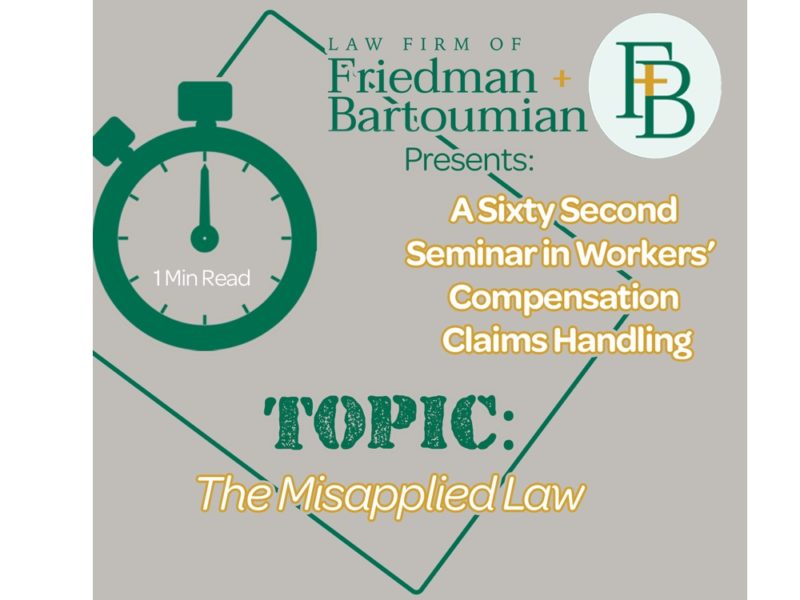
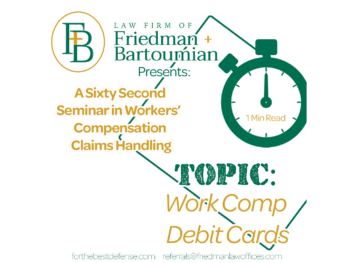
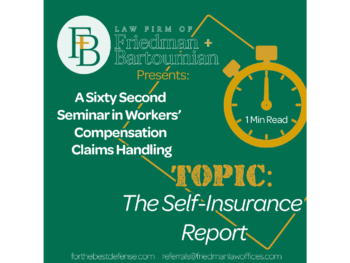
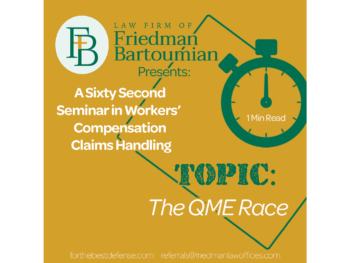
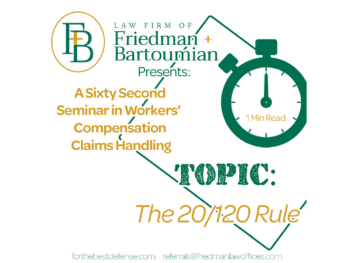

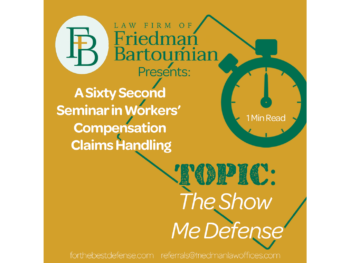
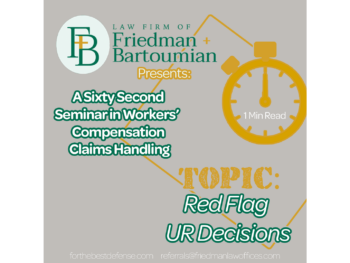
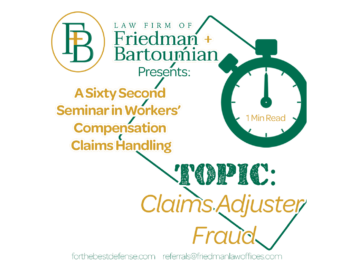
 The DWC-1 Claim Form: A Sixty-Second Seminar in Workers’ Compensation Claims Handling
The DWC-1 Claim Form: A Sixty-Second Seminar in Workers’ Compensation Claims Handling
Leave a Reply